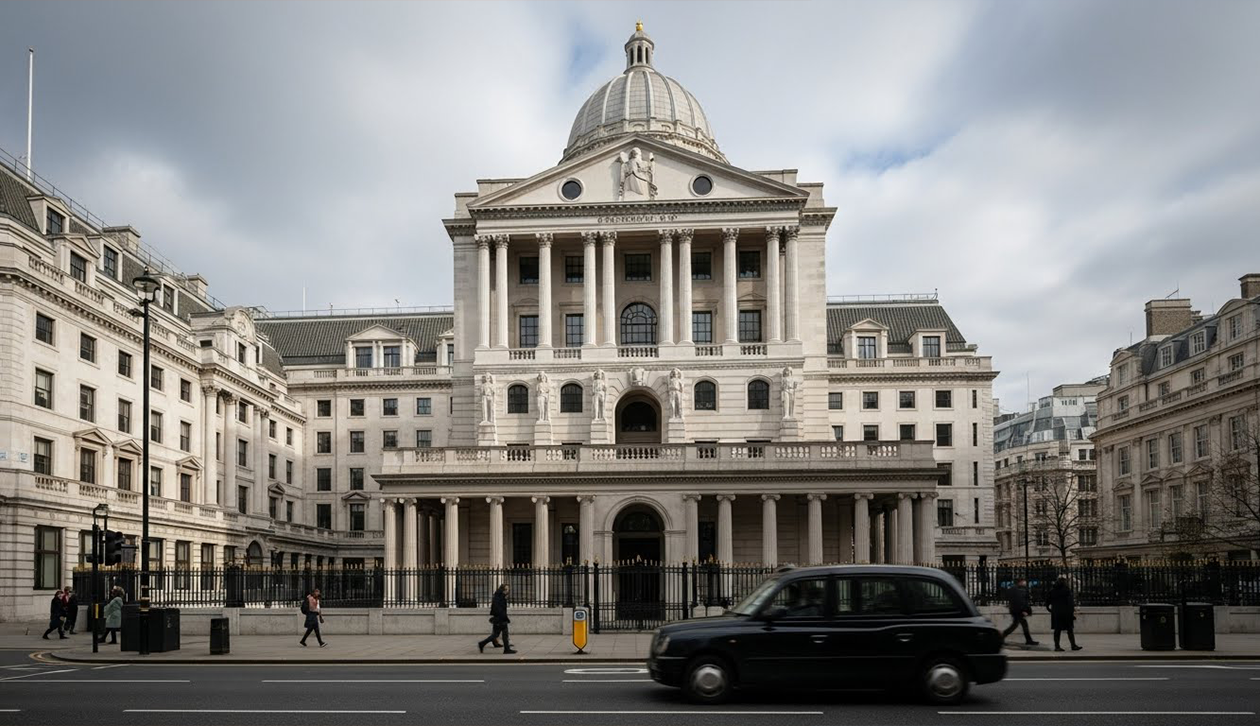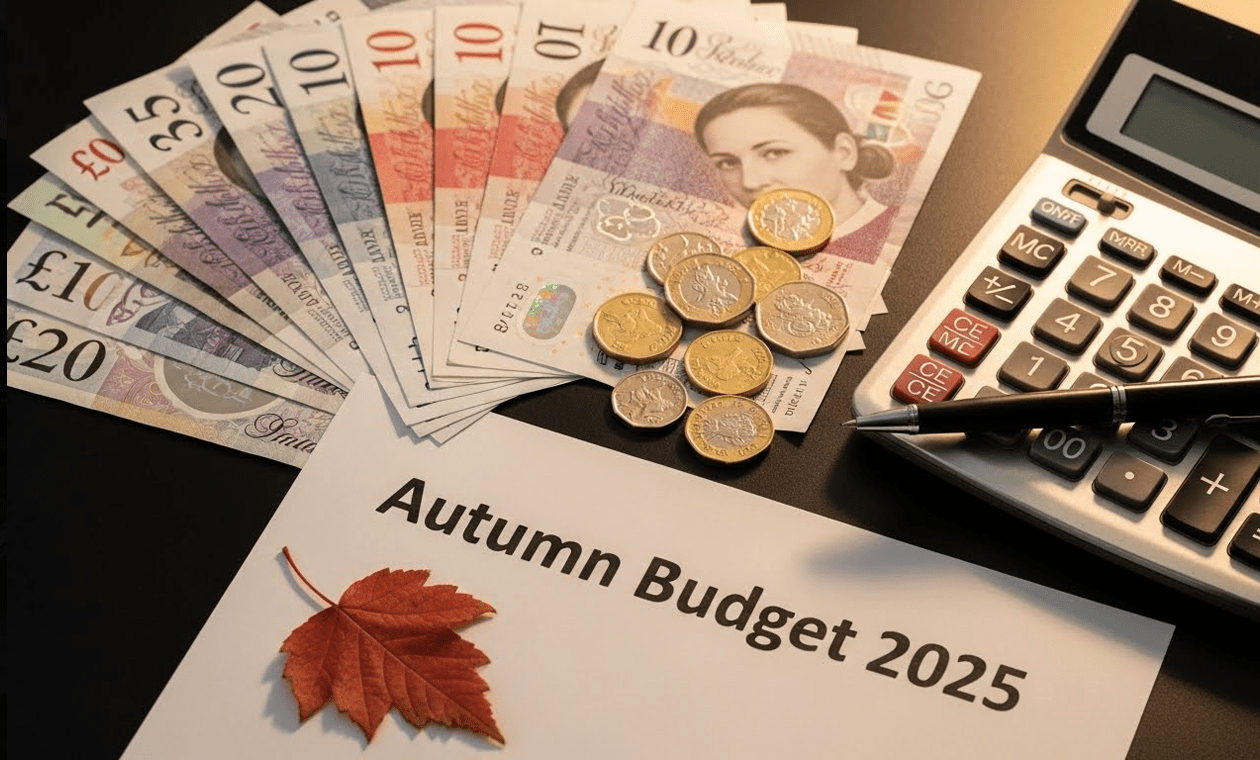The UK government borrowed £11.8bn in August in preparation for helping the public with the soaring costs of living, which is almost twice as much as what the Office for Budget Responsibility forecasted for the month. With the Bank of England’s continuous interest rate hikes in response to the robust inflation, the interest to be paid amounted to 22.1% since last year.
In August alone, the debt interest is £8.2bn, the highest since the records started in 1997 as per Office for National Statistics (ONS). According to Martyn Beck, chief economic advisor to the EY Item Club and former Treasury economist, this means that the government generates less from taxes and pays more on debt interests.

Windfall tax on fuel firms could have generated £170 billion for the government, but Liz Truss goes against it, believing the current challenges should be dealt with bold moves, which meant undoing the National Insurance tax rise introduced by Boris Johnson, cutting corporation tax, supporting energy providers, and even lifting the ban for shale gas fracking.
The new PM is set about providing long-term solutions, which for her is about boosting domestic energy supply, making them independent from imported energy, and paving the way for their resiliency and sustainability in the long run.
Furthermore, Chancellor Kwasi Kwarteng defended the government’s borrowing and spending of billions to help UK households and businesses by implementing the Energy Price Guarantee, or energy price freeze, which capped average households’ annual energy bills at £2,500 starting 1 October this year until 2024 to prevent fuel poverty up to the next two winters.
Chancellor Kwasi Kwarteng stated, “As chancellor, I have pledged to get debt down in the medium term. However, in the face of a major economic shock, it is absolutely right that the government takes action now to help families and businesses, just as we did during the pandemic.”
Businesses are also given an “equivalent relief” for six months. Some businesses, such as hospitality and public sectors (e.g., schools and charities), are anticipated to benefit from half the price of their wholesale energy bills.

However, Hoa Duong, an economist at accountancy firm PwC, thinks that, “While these measures could potentially support individuals and businesses under strain, any large intervention will create further challenges for managing public sector debt. The size of this package means that even if the Bank of England’s meeting (on Thursday) results in a further interest rate hike, the impact of such a decision on restraining inflation would be limited and multiple hikes are likely in the near future.”
On the other hand, Martyn Beck said there is no need to worry about the high debt levels comparing the UK’s “pretty low” borrowing costs to long-term historical records. Many other think tanks analyse the government’s borrowing the other way.
How the bold steps of the government can prevent average households and businesses from the energy price shock and evade fuel poverty for the upcoming winter will determine how competent UK’s economy and public finances’ abilities are. Stay updated with current UK news and current affairs here at Legend Financial.
References
Inflation pushes UK debt interest costs to August record. (21 September 2022). Retrieved from BBC News: https://www.bbc.com/news/business-62977832
UK borrows almost twice as much as expected in August. (21 September 2022). Retrieved from The Guardian: https://www.theguardian.com/business/2022/sep/21/uk-borrows-almost-twice-as-much-as-expected-in-august
UK borrows more than expected in August as Kwarteng prepares mini-budget. (21 September 2022). Retrieved from Reuters: https://www.reuters.com/world/uk/uk-government-borrows-more-than-expected-august-2022-09-21/








